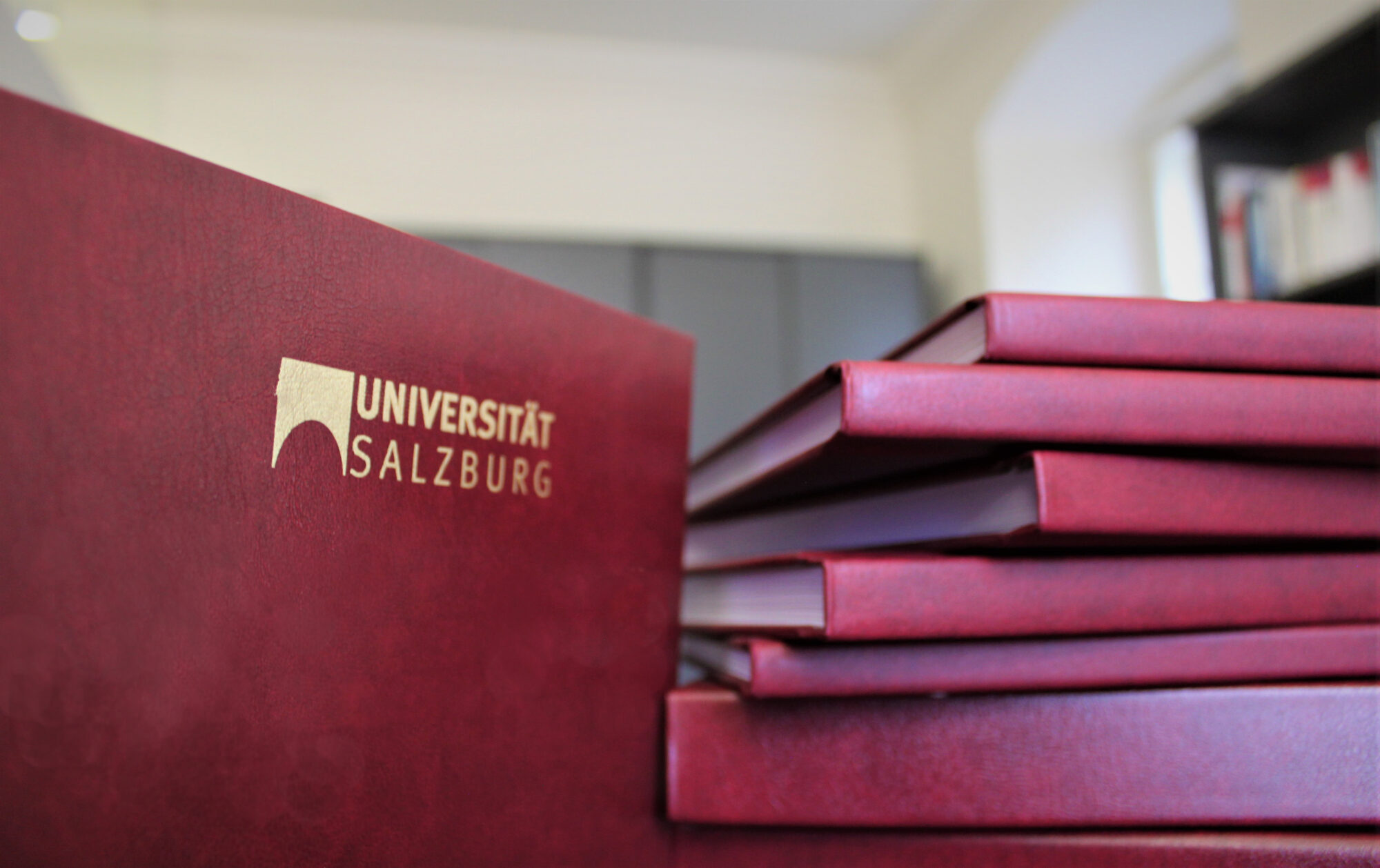Doktorand*innen am SCEUS
SCEUS Doktorandenkolleg
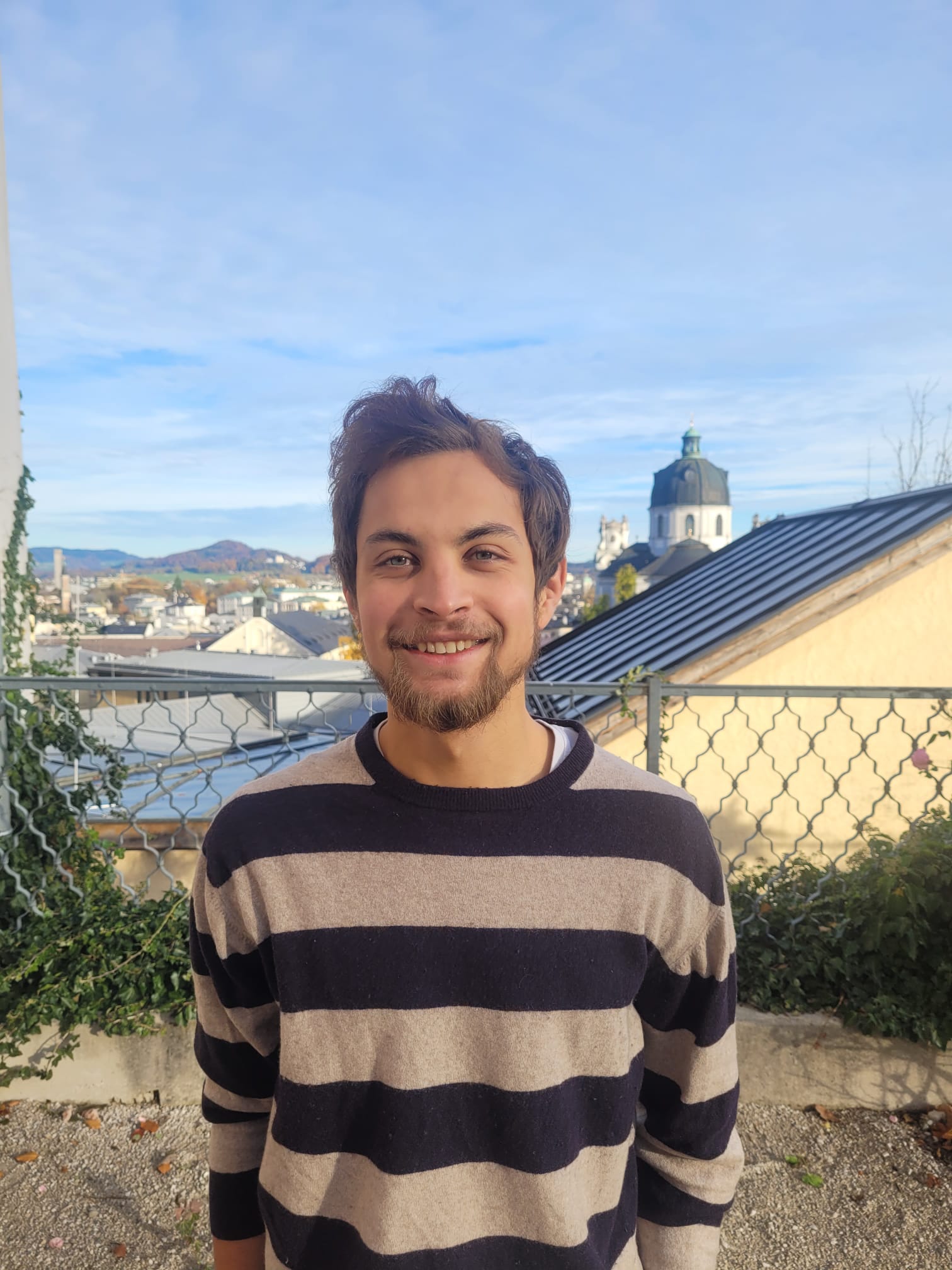
Tehseen Jäger studied at the University of Münster from 2016 to 2022. He holds a Bachelor’s degree in Political Science and Economics. With a Master’s degree in Political Science and a minor in Economics, he has developed an interdisciplinary background in line with the focus of SCEUS. During internships at the Ministry of Social Affairs of North Rhine-Westphalia and at the cross-border agency Euregio, he gained insights into the complex processes of implementing labour market policies across European borders and into cross-border governance structures within the EU. Tehseen’s research interests lie in political economy, labour market studies, migration ethics and border studies. Consequently, he analysed the Dutch-German border during the Covid-19 pandemic as a key example of cross-border labour markets and governance in times of crisis. Continuing with EU labour market issues, his dissertation focuses on informal employment of third-country nationals in EU Member States and patterns of precariousness.
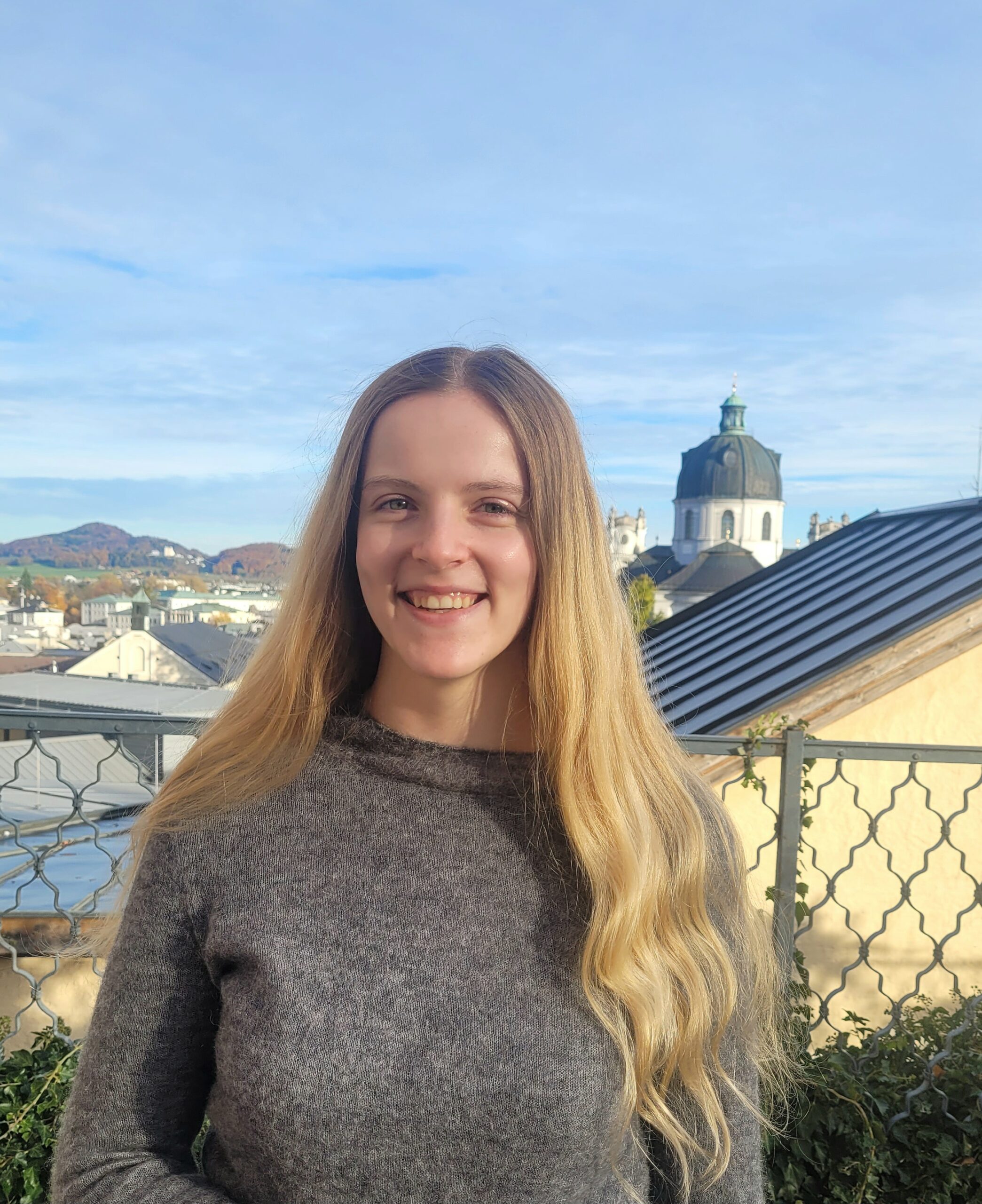
Lorane studied European Studies in Maastricht and Leuven, graduating in 2023 with an advanced master in European Politics and Policies from the KU Leuven. Her research interests encompass the representation and manifestation of Euroscepticism within the European Parliament, the Geopoliticization of Trade, and the manner in which the European Parliament can influence Trade Policy. She has joined the SCEUS doctoral college in 2023 to investigate how the mobilization of EP parties on the Geopoliticization of trade shapes the EP’s position on the topic, and how this in turn impacts the EU’s trade policy.
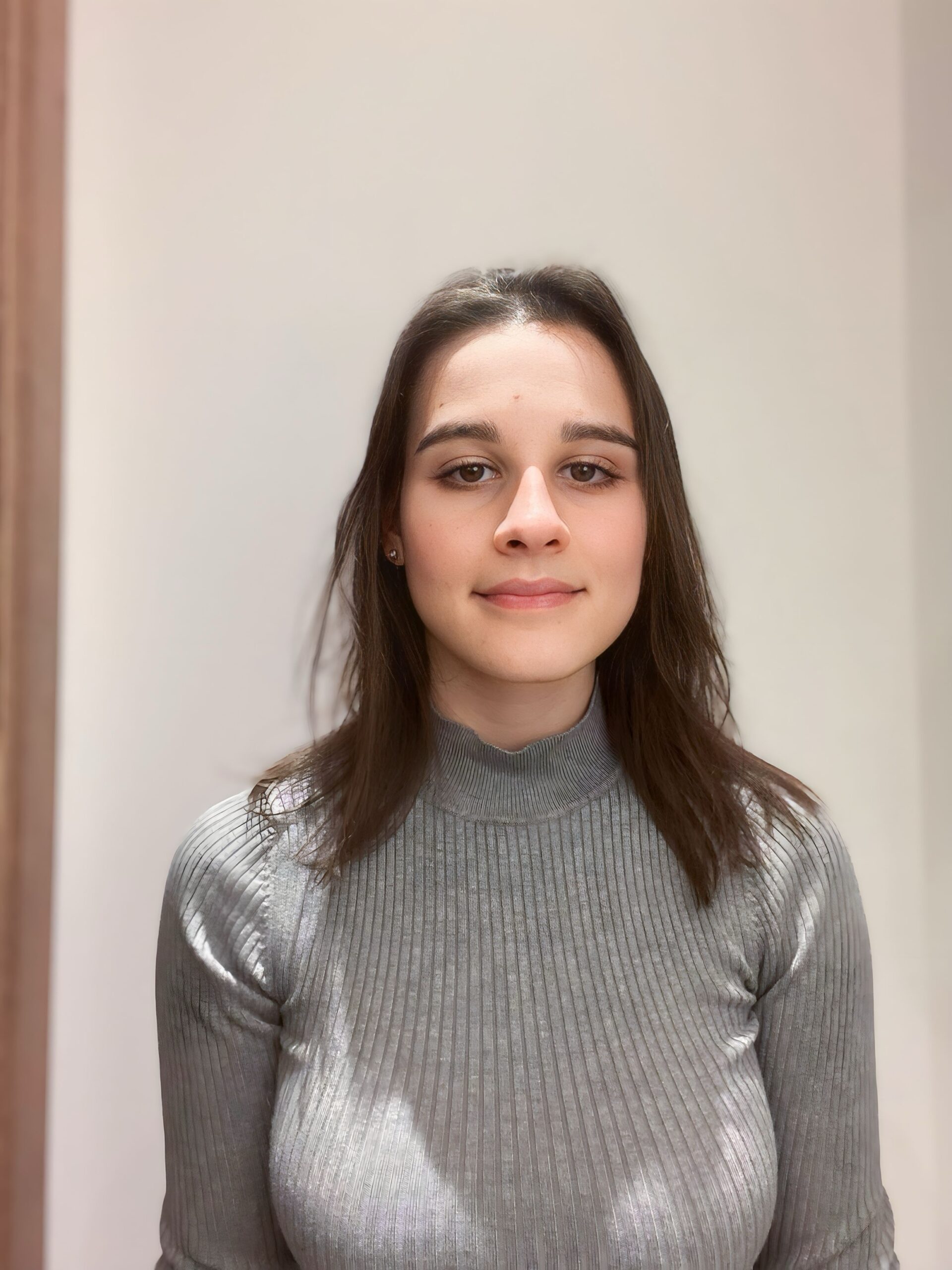
Gaia Chiarini studied Economics and Finance at the University of Bologna and obtained Master’s degree in Economics and Law with a research thesis on the future of the banking sector, analyzing the challenges and opportunities of Artificial Intelligence. Subsequently, she completed a second-level professional master’s programme in Union banking law and completed a treineeship at the Eurpoean Central Bank. She joined the SCEUS doctoral college in 2023 to explore National Deposit Guarantee schemes as compensation for the European Deposit Insurance Scheme.
SCEUS Docfunds-Kolleg
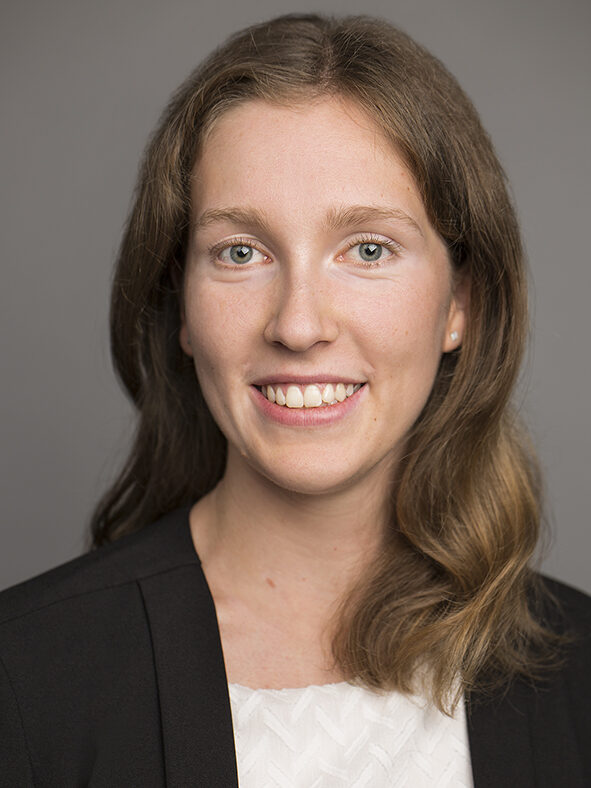
Alexandra Bögner studied Political Science and Economics at Heidelberg University and holds a master’s degree in International Relations from a joint degree program by Freie Universität Berlin, Humboldt University Berlin and Potsdam University. She also spent time studying at Sciences Po Paris and Duke University’s Graduate School. After completing her studies, she worked as advisor for trade policy at Robert Bosch GmbH and subsequently as research assistant at the German Institute for International and Security Affairs (SWP) in Berlin. She joined SCEUS in October 2021 to work on her dissertation project on the EU’s ability to wield its trading power to affect third countries‘ climate policies, specifically through the climate provisions included in EU trade agreements. In her dissertation project at SCEUS, Alexandra examines the EU’s ability to leverage its trade power to move third countries to adopt stronger climate policies. The project specifically investigates whether, how, and under which conditions the inclusion of of climate provisions in EU PTAs affects the climate policies of the partner countries that sign them.
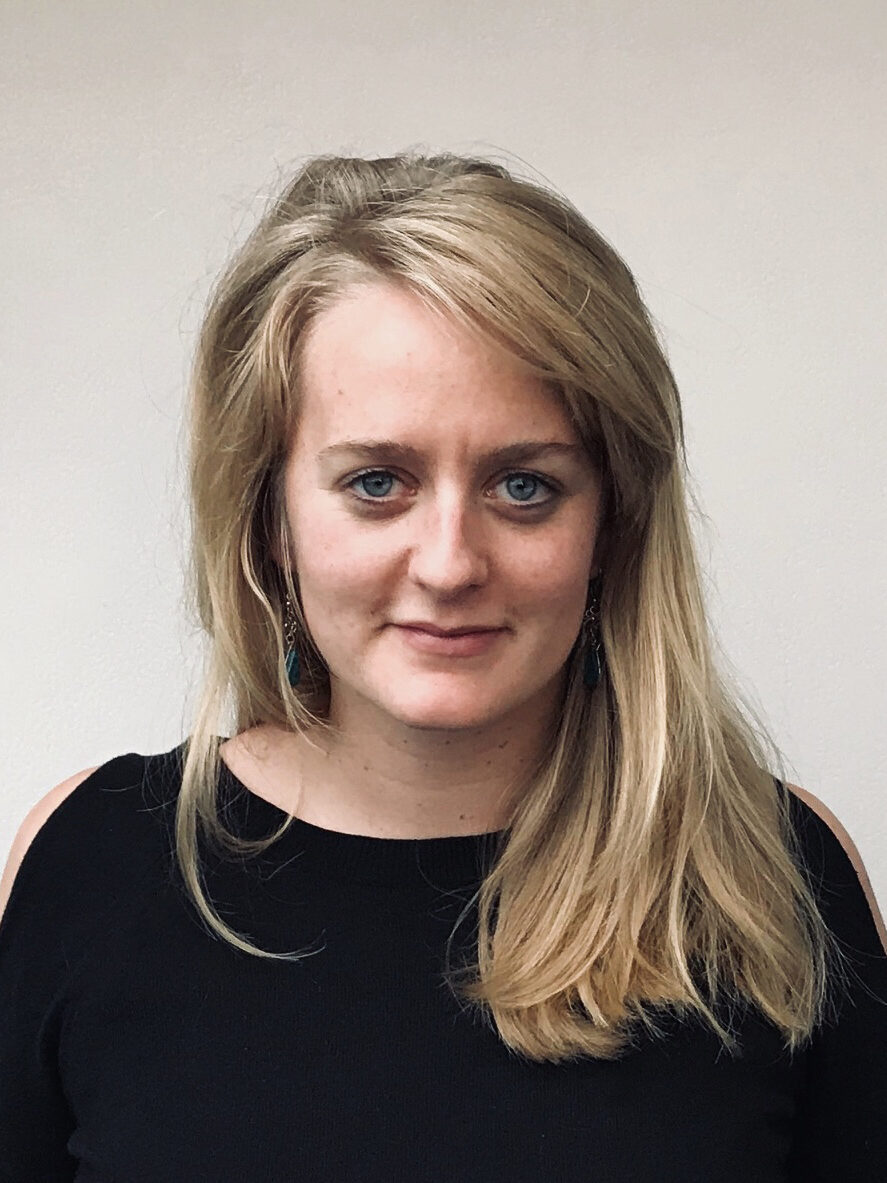
Amélie Jaques-Apke studied International and European Affairs at SciencesPo Paris and King’s College London. She worked for several years as a think tanker, political analyst and researcher in the public sector (European and International Affairs), overseas and in Europe. As a research fellow, she works on radical right populism since the outbreak of the pandemic since 2020. Amélie is part of the SCEUS doctoral college and deals with the effects of radical right populism on European integration and the pandemic. Her PhD project deals with the Covid-19 crisis as a political armoury for the new transnational populist radical right in the European Union. The focus of this research proposes to develop a framework to explain two key questions: With regard to populists’ need to gain and maintain electoral support, which role plays the pandemic within populist radical right parties and their European change agenda? How does this new transnational phase of the European populist radical right affect European integration and Euroscepticism in the short and the longer run?
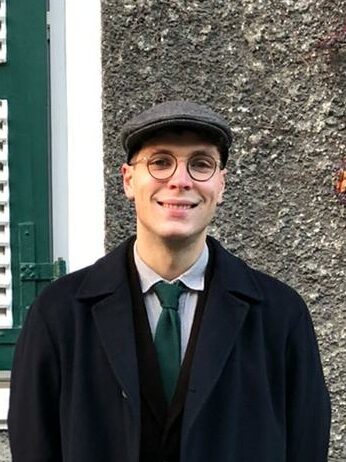
Vitus Terviel holds a Bsc. degree in Business Administration from the Fontys International Business School where he successively developed a critical view towards the social and political order, having led him to pursue an M.A. in International Relations at Coventry University. Here, he already focused on the relevant questions concerning European integration and right-wing populism in Austria and Germany. Stemming from his research interest he furthered his competencies on European policy by undertaking an M.A. in European Studies at the University of Amsterdam. His EU research area encompasses the democratic deficit, the normative illegitimacy, and post-structuralist approaches to identity. Vitus’ dissertation project explores the prevalence of supranational versus intergovernmental decision-making patterns during the Covid-19 pandemic and their effect on the general public’s acceptance. It shall be analysed if supranational policies find normative legitimacy among the citizens due to perceiving the EU as the potent political actor.
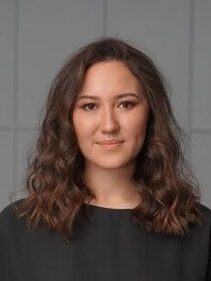
Mariia Tepliakova studied Media Communications at the Higher School of Economics (Moscow, Russia) from 2015 to 2019. During her studies, she participated in several educational projects, working on gender equality and mental health awareness. After defending her BA thesis on local media and center-regions balance in Russia, Mariia has received a prestigious Erasmus Mundus Master Degree scholarship to study European politics and society in three EU Member States: the Czech Republic, Poland, and Spain. For her MA thesis, she worked on media freedom and democratic backsliding in CEE, specifically focusing on SLAPP and self-censorship mechanisms. As a doctoral candidate at SCEUS, Mariia investigates anti-gender backlash in the EU, in particular changes in attitudes towards gender equality policies and consequences of those transformations.
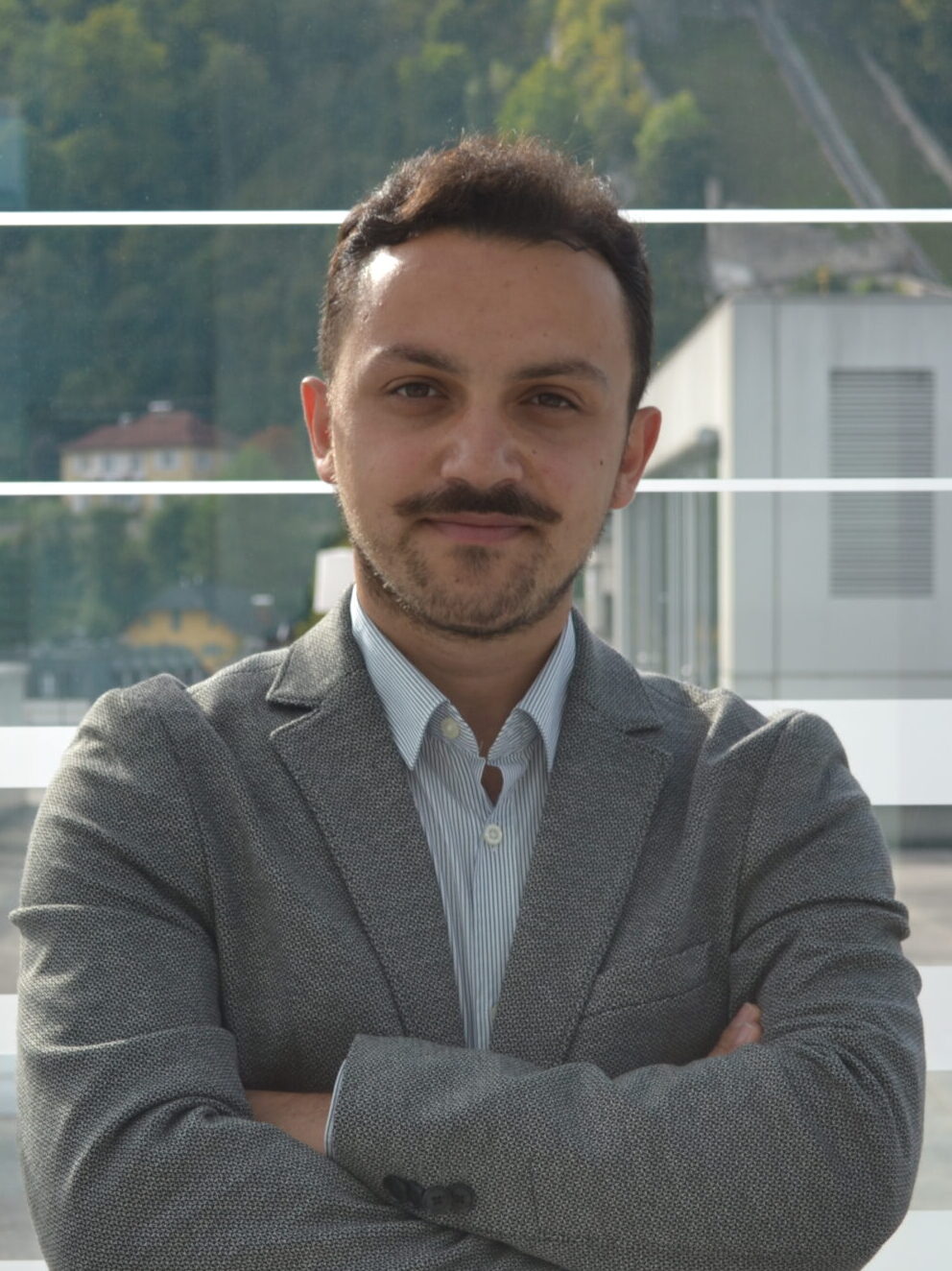
Soso Makardze studied International Relations at Batumi Shota Rustaveli State University, Georgia. Because of Georgia’s predominant European foreign policy and general “EU-phoria”, European integration became his main research interest. The title of his BA thesis was “Euroscepticism and dis-integration processes in the EU (based on Brexit)”. After spending an exchange semester at the University of Salzburg in 2017, he decided to pursue my future studies in Salzburg and successfully enrolled in the Joint MA in Political Science – Integration and Governance (PoSiG). In his MA thesis, he studied the role of the EU in higher education reforms in Georgia. Soso´s Ph.D. project deals with democratic backsliding in the EU and the EU measures against the breaches of its fundamental values by the member states. In particular, it focuses on the new Rule of Law Conditionality Regulation (Regulation 2020/2092) and studies its prospects of effective application. At the same time, the project will study public attitude towards the new regulation, the cases of its possible public acceptance or rejection. Considering it, this doctoral project intends to examine the EU’s defensive mechanism against democratic backsliding and the public understanding of its domestic intervention.
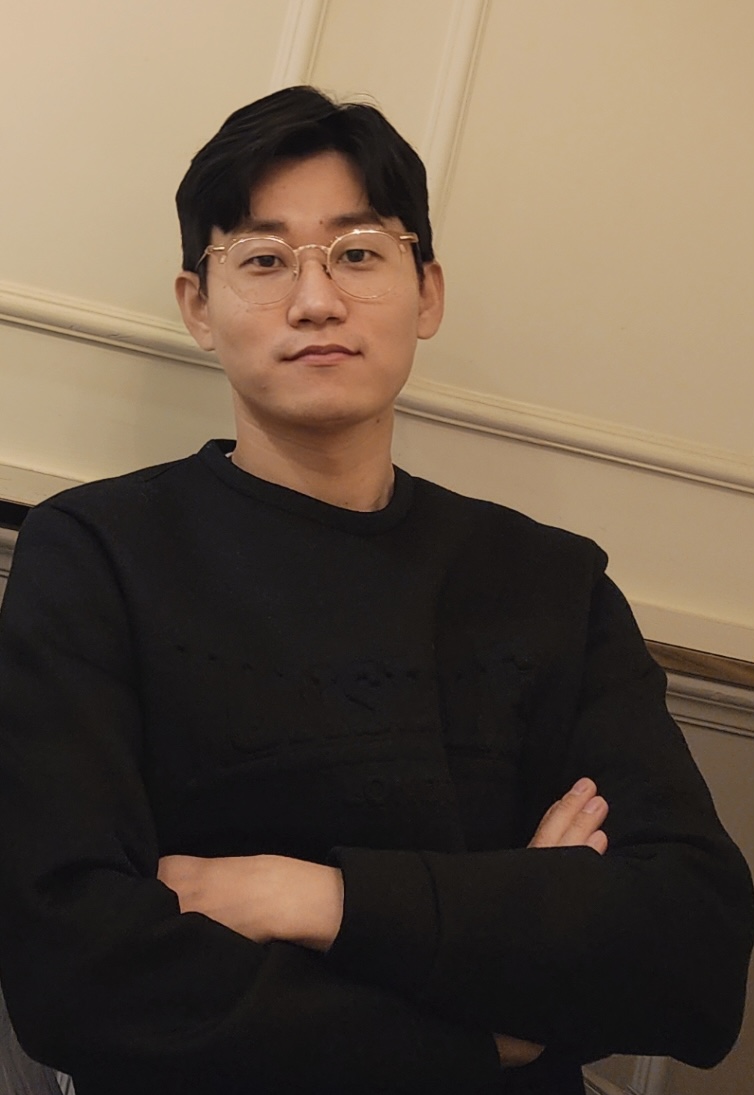
Nacjune Choi completed his bachelor’s degree in international relations at Changwon National University (South Korea) and his master’s degree in political science at the University of Mannheim (Germany). He also studied at the University of Texas at Arlington (U.S.A) during the bachelor’s program. After completing his studies, as a researcher, he joined several research projects at the International Organization for Migration – Migration Research & Training Centre (IOM-MRTC) and the University of St. Gallen (Switzerland). He joined SCEUS in 2023 to work on his PhD dissertation project which is to investigate how and under what conditions the EU has external relations with other International Organizations.
